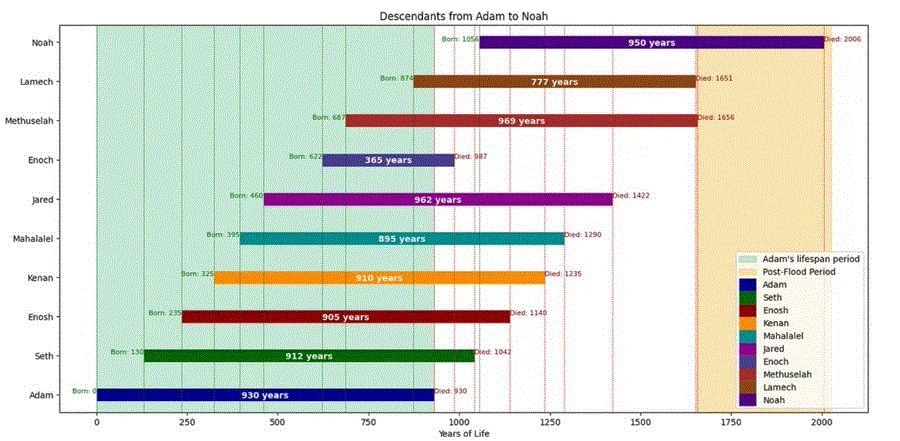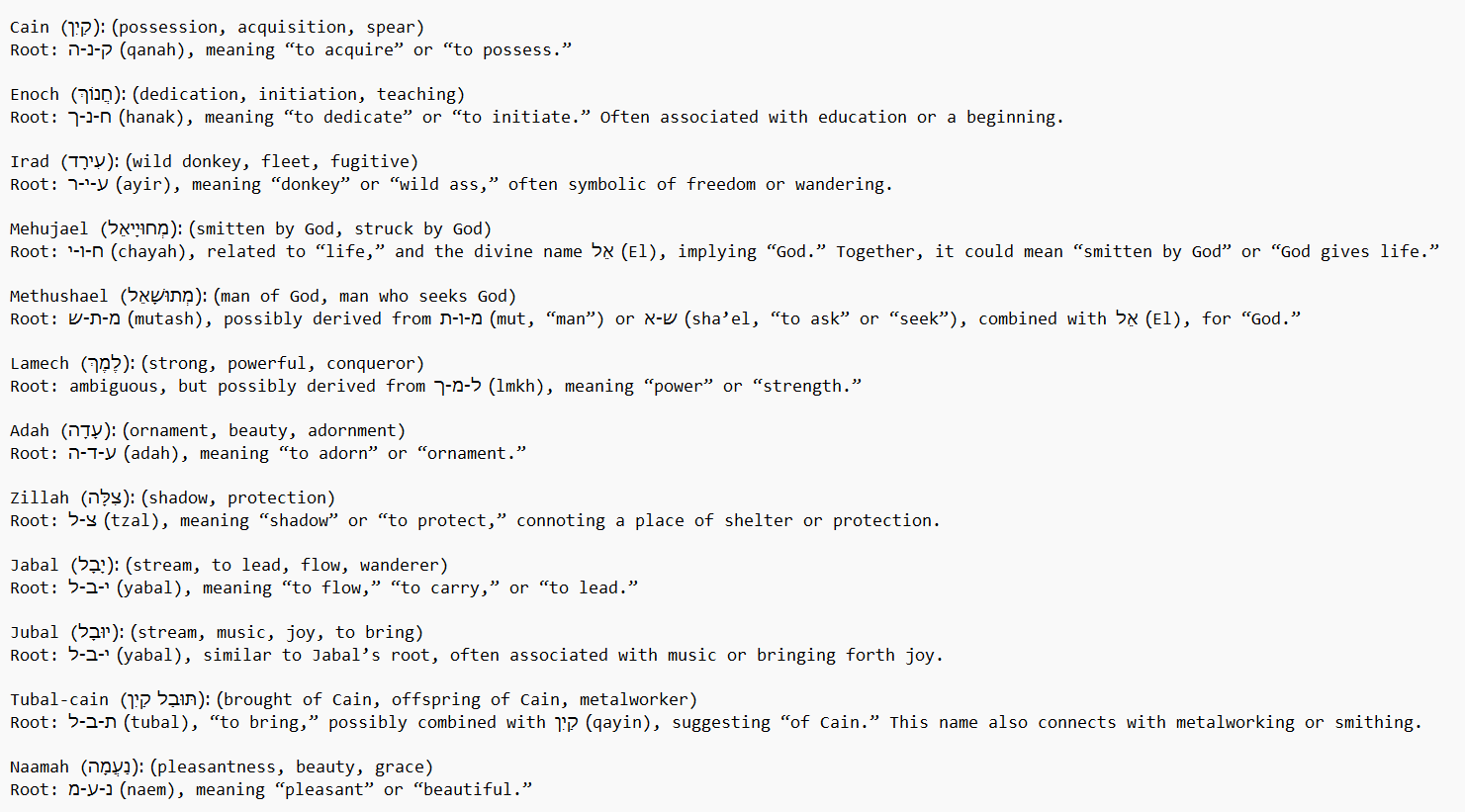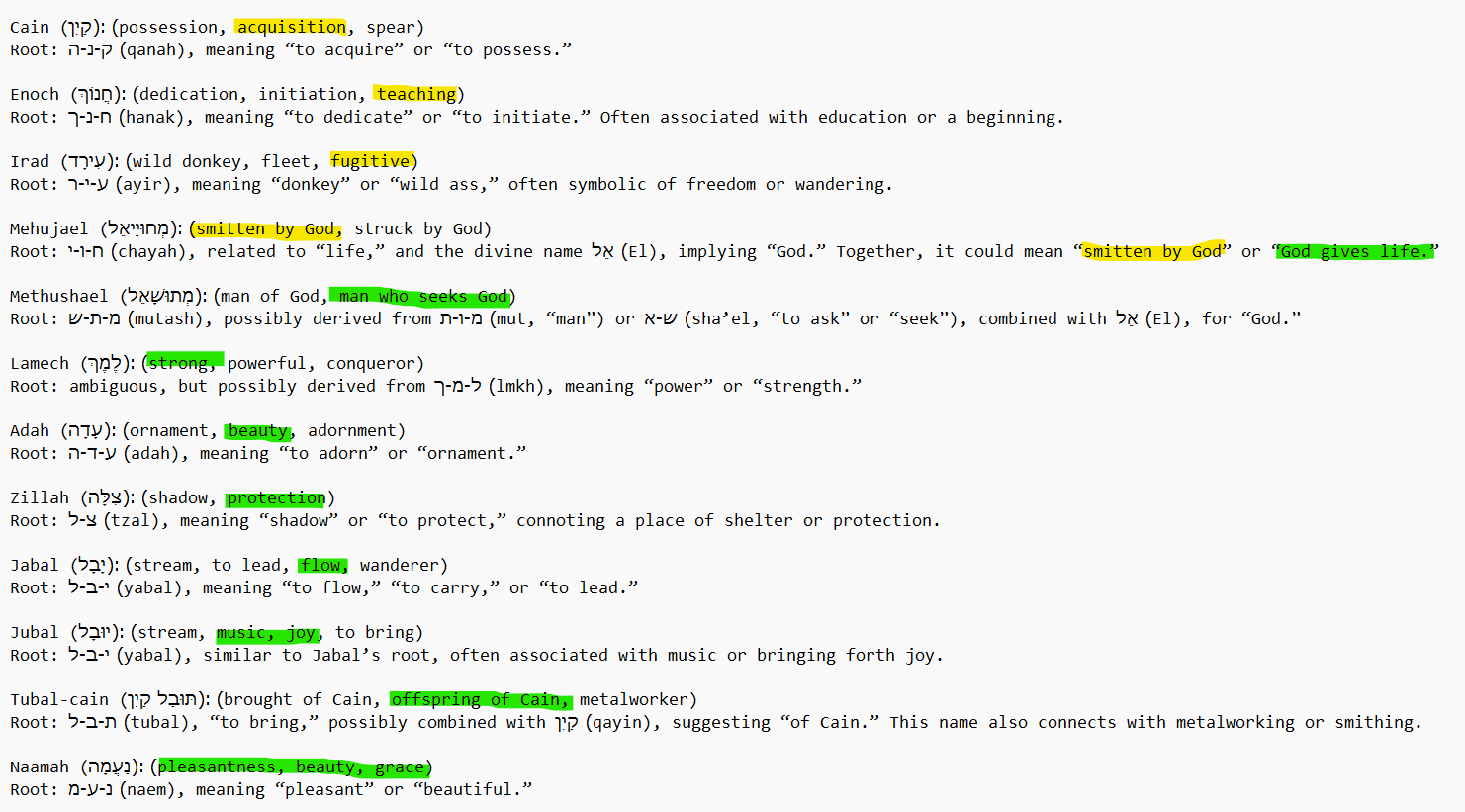This is a topic that is a bit sensitive for some folks. It requires a tremendous amount of gentleness. I think it also requires some age and wisdom to fully grasp it.
This is about the grief and suffering of the dying.
We have a vocabulary about death. We say things like “at least it was a quick death,” or “at least they died in their sleep.”
In the sadness of loss, we acknowledge the mercy found in certain kinds of death. This sort of death is… better. Better than suffering.
For the one experiencing the loss of a loved one, these phrases don’t lessen the pain, but it is helpful to know that the words are true, isn’t it? It’s good to know that loved ones who die this way did not experience prolongued agony and pain before they passed.
But it doesn’t lift the grief. It is still sorrowful.
But what about those who do suffer in agony?
I won’t describe any of it, because there are those who know already know people who have died this way, and they don’t want to be reminded. We have witnessed it. We have grieved it. And we have prayed for it to be over. We have prayed for an end of the suffering. For mercy.
And when the end comes, we are left with the most troubling and turmoil-filled spirit. We prayed for the end, but then we grieved the loss. We are relieved that their suffering stopped, but we didn’t want to lose them.
This is sorrow.
In Genesis 6, prior to the flood, the text mentions the “wickedness of man.”
We’ve been taught to read this as written in the English. Humanity is completely wicked, so the Flood waters are a judgement to wipe out the earth in God’s wrath.
But that is not the whole picture.
The word here for “the wickedness” is the noun-form of the word ra’. We translate it as “wickedness” or “evil,” but the word carries the connotation of suffering. So when we read “…and that every inclination of the thoughts of the human heart was only evil all the time,” we are being told something important.
Can you see it?
III. evil, misery, distress, injury
1. evil, misery, distress
2. evil, injury, wrong
3. evil (ethical)
H7451: רַע (raʿ)
The text is not describing a humanity in defiance or disobedience to a holy God who must respond in wrath. That’s not the story. It is describing a humanity that is suffering. They are in misery. And they are dying. The curse of sin (death) has laid hold of all of them.
And when the text says “the Lord regretted that he had made human beings on the earth, and his heart was deeply troubled,” we see it clearly.
This form of “regretted” is compassionate mercy.
1. (Niphal)
1. to be sorry, be moved to pity, have compassion
2. to be sorry, rue, suffer grief, repent
3. to comfort oneself, be comforted
4. to comfort oneself, ease oneself
H5162: נָחַם (nāḥam)
And this form of “grieved” is precisely that feeling of troubling and turmoil-filled sorrow. It is the ending that you wish didn’t have to happen, but you understood that it would be worse if it didn’t.
5. (Hithpael) to feel grieved, be vexed
H6087: עָצַב (ʿāṣaḇ)
This is what our God is showing us with this story.
This stems from Adam and Eve’s eating from the tree of the knowledge of Good & Evil. This evil is the source of the suffering of humanity.
The narrative isn’t pointing to a God who is punishing us for doing the wrong thing. It is about a God grieving our suffering from it.
But God does not leave us in our suffering.
In Noah (whose name means “comfort“), we see God pointing to restoration. We see God making a new covenant and promising that this Flood will not happen again. Perhaps it’s because He will one day end all of our suffering.



